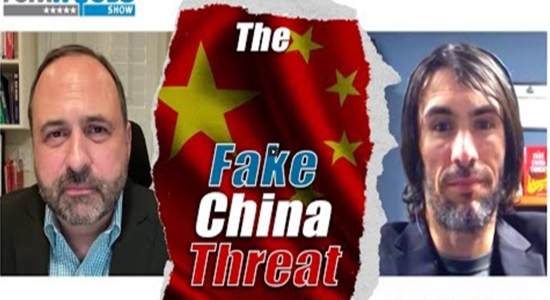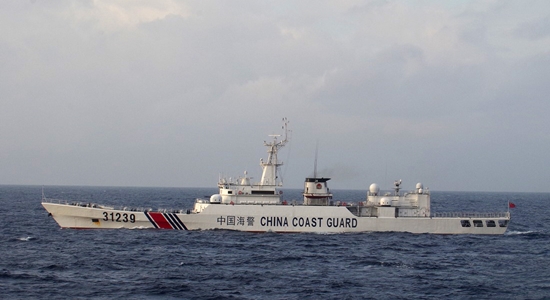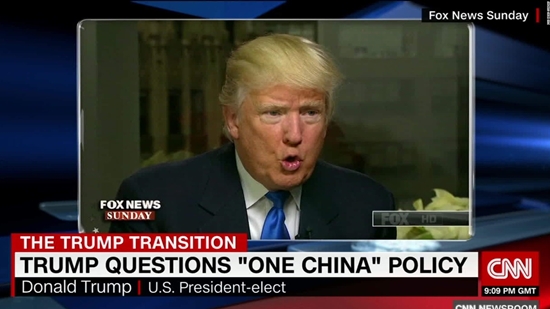
“Gentlemen may cry, Peace, Peace, but there is no peace.” —Patrick Henry
The 2023 Chicago Council Survey shows 58 percent of us view China as “a critical threat” and a “plurality of Americans (46%) say that US leaders are not paying enough attention to the issue of US competition with China.”
On the other hand, libertarian political scientist Joseph Solis-Mullen pooh-poohs these fears, which he sees as manufactured by the powers that be, the military-industrial complex, the Deep State. Since our un-beloved Deep State has been known to wander to and fro about the Earth manufacturing crises and conflicts, the case possesses a surface plausibility.
Still, “The Fake China Threat,” an episode of The Tom Woods Show* from last month, failed to convince. See if you can detect the reason.
“This is something maybe we should mention,” Solis-Mullen told Woods, before disclosing that China “fought a border war” with India in 2020 with “hundreds” dead.
“The Philippines is a big one,” he added, “because there’s also a lot of conflict over the South and East China Seas.”
“Conflict”? You don’t say.
“So, it’s not just Taiwan,” explained this researcher and journalist. “There’s danger everywhere over there — because Washington really wants to be involved in these disputes.”
Wait a second . . . how many disputes?
“There’s disputes with Japan, disputes with Korea, disputes with Vietnam, disputes with Philippines, India,” Solis-Mullen recalled. “I think one or two more. I can’t remember off the top of my head.”
It does appear to be a lot to keep up with!
Nor is the problem that “Washington really wants to be involved,” certainly not for Japan, South Korea, Taiwan, the Philippines, etc. . . . even Vietnam. Instead, every dispute, conflict, danger, and threat that Solis-Mullen cites has a singular cause: China.
Heck, someone might dedicate an entire website to “Tracking Chinese Communist Party Aggression Worldwide.”
This is Common Sense. I’m Paul Jacob.
* The discussion was about Solis-Mullen’s new book, The Fake China Threat and Its Very Real Dangers, published by the Libertarian Institute.










